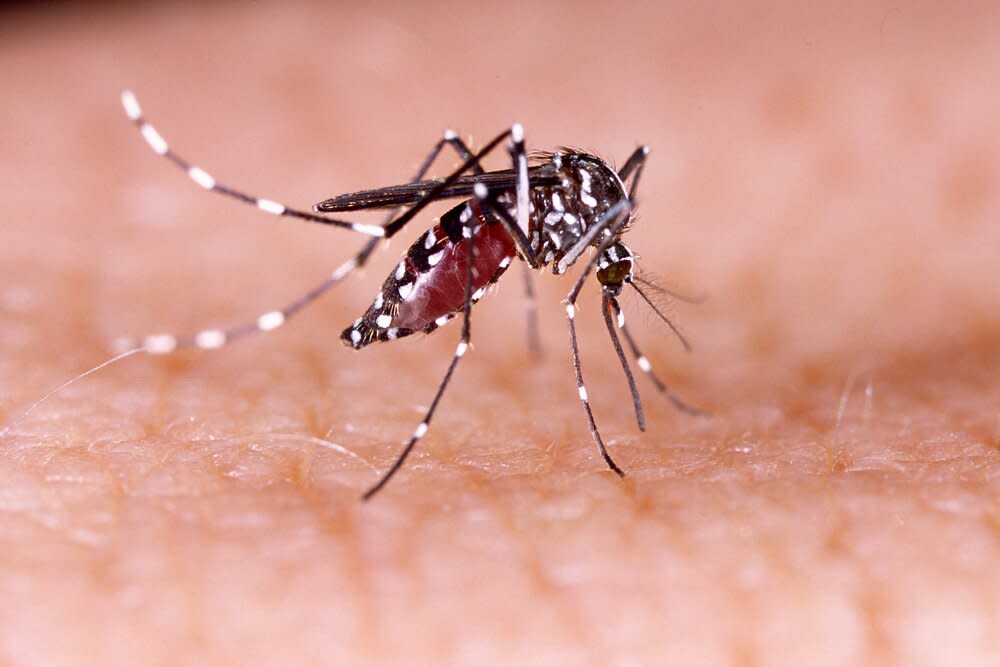Zika Causes Abortion Spike, and Everything Else You Need to Know NOW

Shutterstock
We are learning more every day about Zika, the mosquito-borne illness that has been proven to cause birth defects. Here are the latest developments.
First, a new report published in the New England Journal of Medicine shows a sharp spike in abortion rates in Latin American countries where outbreaks are rampant, likely due to fears over the disease.
Requests for abortions have doubled since 2010 in Ecuador and Brazil, where women have been warned against getting pregnant while the virus is spreading. In 17 other nearby countries, rates have risen by a third. And researchers say these numbers may actually underestimate how many pregnancies are really being terminated.
"The World Health Organization predicts as many as 4 million Zika cases across the Americas over the next year, and the virus will inevitably spread to other countries," says the study's senior author, Catherine Aiken, M.D., of the University of Cambridge in England. "It isn't enough for health officials just to warn women about the risks associated with Zika—they must also make efforts to ensure that women are offered safe, legal, and accessible reproductive choices."
Zika is indeed getting closer and closer to home, with the Centers for Disease Control and Prevention warning that infection rates are on the rise in Puerto Rico. "The real importance of this information is that in coming months it's possible that thousands of pregnant women in Puerto Rico could become infected with Zika," CDC Director Tom Frieden, MD, MPH, said, adding "This could lead to dozens or hundreds of infants being born with microcephaly in the coming year."
And now comes news that at least 10 pregnant women in Dallas are currently infected with Zika. Health Day reports all of them were infected while traveling abroad. This report comes after the CDC confirmed last Friday that 234 pregnant women have been infected in the U.S.
Want the latest parenting news? Sign up for our free Parents Daily newsletter
It's important to note that despite these frightening developments, no local transmission of Zika is taking place in the continental U.S. at this time. That could change as hot and humid weather—and along with it, mosquito-breeding season—hits the Southeastern-most parts of the nation. According to the CDC, infections are most likely in Gulf Coast states like Florida, Louisiana, and Texas.
That Zika causes no symptoms in many people, but can lead to devastating birth defects like microcephaly or even death in babies, compounds the problem with protecting against it. But efforts are underway to curb the potentially catastrophic effects the disease could have on our country. President Obama has already asked Congress for $1.9 billion to fight Zika, and a bill is currently being considered that would deliver a $1.1 billion funding package to fight the disease.
For more information on Zika prevention, visit the CDC's website.
Melissa Willets is a writer/blogger and a mom. Follow her on Twitter (@Spitupnsuburbs), where she chronicles her love of exercising and drinking coffee, but never simultaneously.

